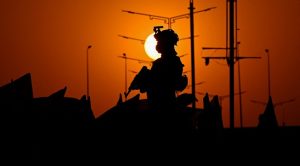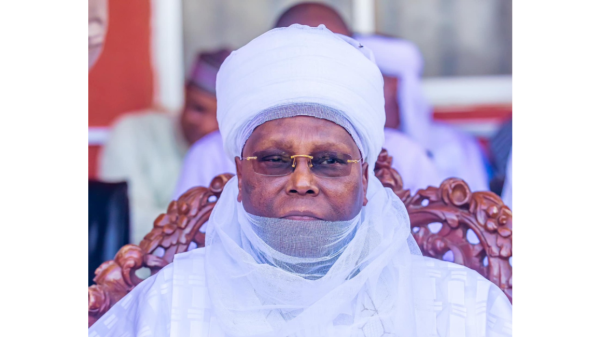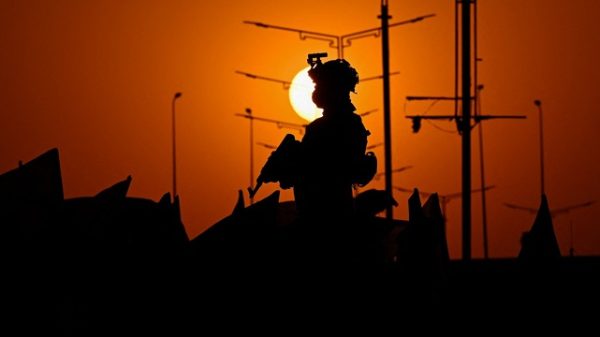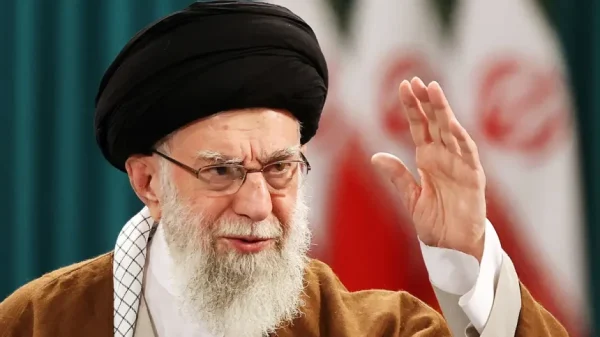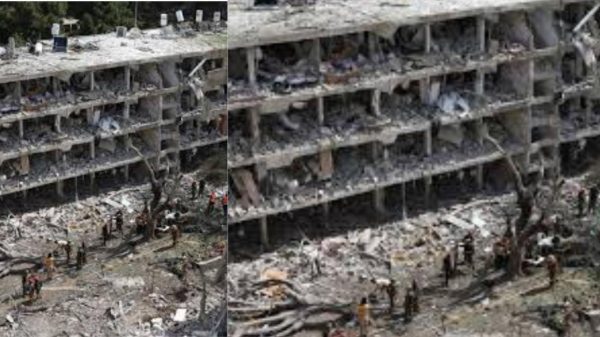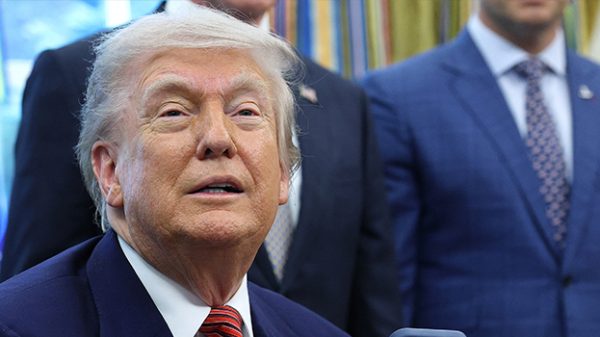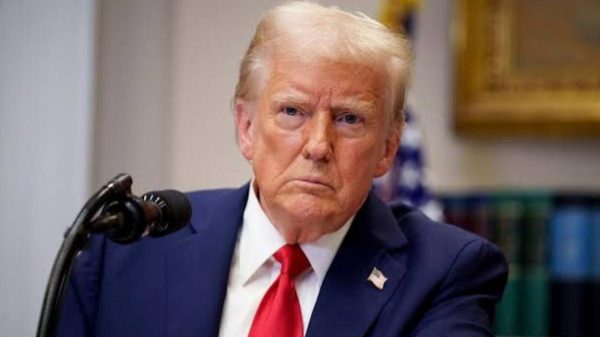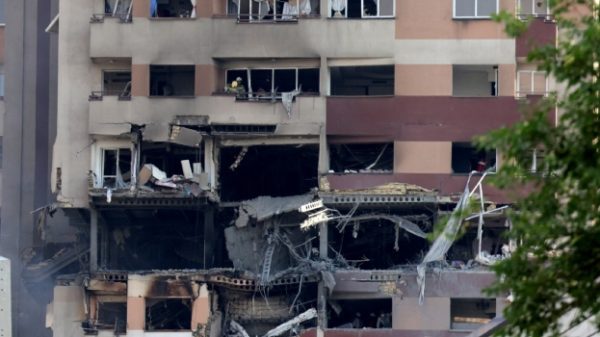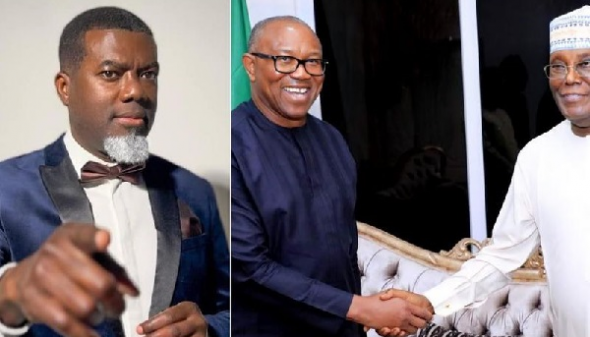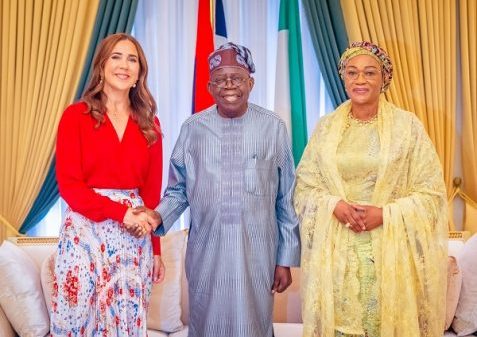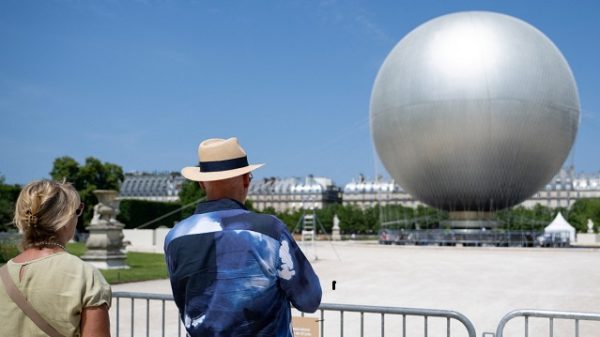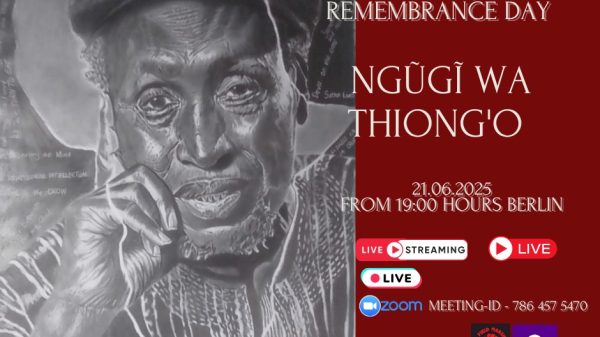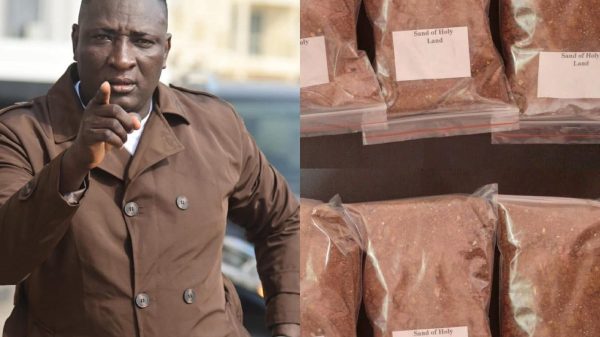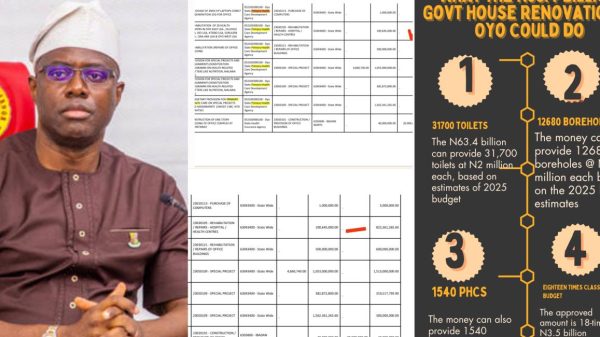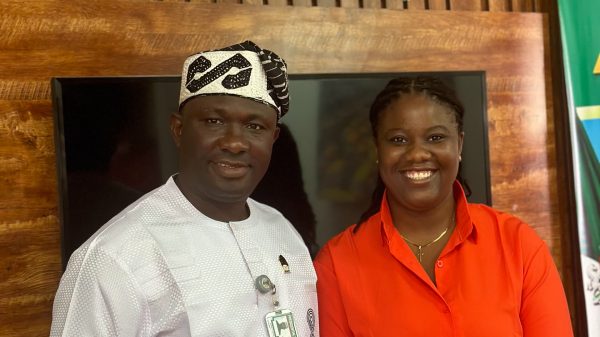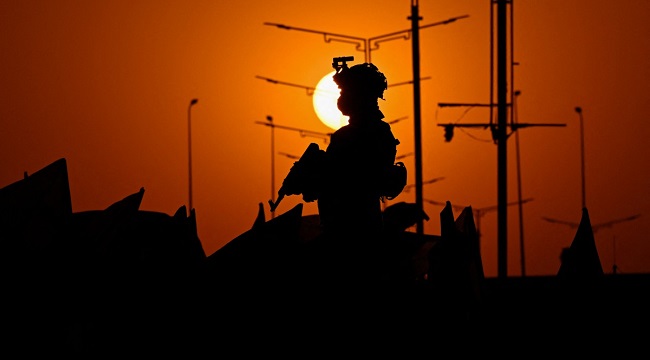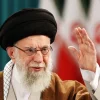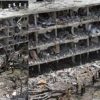Iranian President, Masoud Pezeshkian, has officially declared the end of the 12-day war between Iran and Israel, which has shaken the Middle East and triggered widespread international concern.
In a televised address to the nation on Tuesday, June 24, 2025, carried by the official IRNA news agency, President Pezeshkian described the conflict as a battle imposed by “the adventurism and provocation” of Israel. He hailed the resilience of the Iranian people, crediting their resolve for the newly established truce.
“Today, after the heroic resistance of our great nation, whose determination makes history, we are witnessing the establishment of a truce and the ending of this 12-day war imposed by the adventurism and provocation of Israel,” Pezeshkian declared.
The ceasefire marks the end of a violent chapter that began on June 13, 2025, when Israel launched strikes across Iranian territories in what it described as a preemptive effort to halt Iran’s alleged nuclear ambitions. Iran has consistently denied pursuing nuclear weapons, asserting that its nuclear program is purely for civilian energy purposes.
Across Tehran, Basra, and other major cities, citizens poured into the streets to celebrate what was widely perceived as a national triumph. In the Iranian capital, Enghlab Square became a sea of flags and chants as clerics, soldiers, and ordinary families participated in jubilant processions. A striking image captured a cleric and his son, both in military attire, proudly taking part in the celebration.
In Southern Iraq’s city of Basra, Iraqis waved Iranian flags in solidarity. Photographs from the scene show a touching moment as an Iraqi man handed an Iranian flag to a young girl during a street march, symbolizing cross-border support and shared victory sentiments.
Despite the ceasefire, the scars of war remain visible. In Tamra, a northern Arab-Israeli city, residents are still grappling with the aftermath of Iranian ballistic missile attacks. Entire homes have been reduced to rubble, and local authorities are beginning assessments for reconstruction and aid.
On the other side, Israeli Prime Minister Benjamin Netanyahu also addressed his nation, hailing the end of the war as a “historic victory”, and asserting that the campaign had achieved its aim of dismantling key Iranian military infrastructure.
Meanwhile, former U.S. President Donald Trump weighed in, urging both nations to uphold the ceasefire. After initially berating both sides for escalating tensions, Trump stated, “This is not the time for prideful retaliation. Peace must be permanent. The world is watching.”
The international community has called for calm and long-term diplomacy, with analysts warning that while the ceasefire holds, underlying tensions could still ignite future conflict if not carefully managed.
As Iran’s citizens continue to dance in the streets, the world watches closely — hoping the truce signals a more stable and peaceful Middle East.
